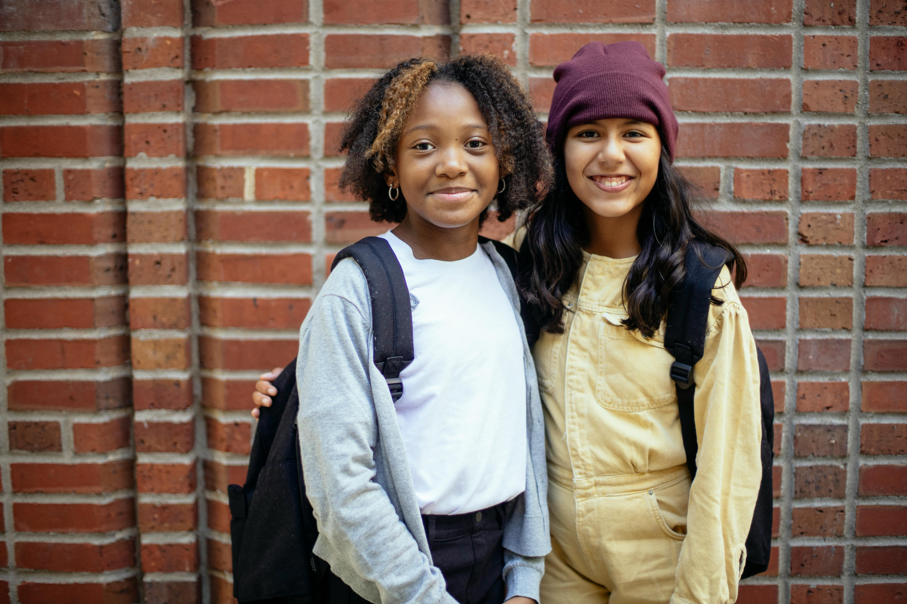When people are forced to start over, they often imagine adaptation as a mountain — steep, exhausting, and far away. But in reality, rebuilding a life is rarely about one huge breakthrough. It’s about the small, quiet steps that gradually turn confusion into clarity, fear into stability, and strangers into community.
1. The power of simple routines
One of the first things displacement takes away is structure. Days blend into one another, and without familiar places or people, time feels heavy. Recreating even the smallest routine — morning coffee, a short walk, a call to family — gives rhythm back to life. It’s a reminder: I still have agency.
Routine is not trivial; it’s emotional scaffolding. It helps the mind trust that tomorrow will come, and it will look a little like today — and that’s how safety begins to return.
2. Language as connection, not perfection
Learning the local language can feel intimidating, but even a few words can change the entire experience of adaptation. Saying thank you, good morning, or how are you? with sincerity often opens more doors than perfect grammar.
Language is a bridge to dignity. It tells people: I’m trying. I want to be part of this world. And that effort is almost always met with kindness.
3. Asking for help — and letting others in
Many displaced people struggle to ask for help, especially those who used to lead, provide, or protect. But connection begins when we allow others to see our vulnerability.
Reaching out for information, emotional support, or community doesn’t make us weak; it re-establishes the web of human interdependence that keeps us alive. No one rebuilds alone — and no one should have to.
4. Finding one safe space
Adaptation doesn’t happen everywhere at once. It often starts in one place that feels safe — a library, a café, a classroom, a park bench where you always see the same faces.
That space becomes an anchor: somewhere you can exhale, observe, and simply be. From that anchor, confidence grows naturally.
5. Contributing, even in small ways
Giving something — time, knowledge, a smile, a bit of help — transforms the way we see ourselves. It shifts the narrative from I’m a displaced person to I’m a person who matters and can make a difference.
Every act of contribution, no matter how small, builds dignity. It also creates the invisible fabric of belonging — because when we help others, we start to feel at home again.
6. Celebrating small progress
Adaptation isn’t linear. There are days of progress and days of exhaustion. What matters is noticing growth in the details: the first successful conversation at the store, the first local friend, the first letter that arrives with your name spelled correctly.
These are not minor victories — they are signs that your new life is taking root.
At Unity Line: Grow, we’ve seen that transformation often begins with something as simple as showing up — at a community meeting, a language class, a shared meal. The small steps build momentum. Over time, they add up to confidence, connection, and a sense of home that no longer depends on geography.
Because rebuilding isn’t about how fast you climb the mountain.
It’s about learning that every steady, human step already counts as a victory.
Related Articles
Continue your journey with these related stories and insights

How to Stay Resilient During Uncertain Times
In times of uncertainty, strength isn’t about never falling — it’s about learning how to rise with grace. Resilience grows quietly through presence, small actions, and the decision to keep hope alive, even when the path ahead is unclear.

Helping Children Adjust to a New Environment
Children experience change more deeply than they can explain. The way adults guide those first months in a new environment can turn fear into confidence and uncertainty into a quiet sense of belonging.

What Every Displaced Person Should Know About Their First Months Abroad
The first months abroad can feel overwhelming — a mix of relief, uncertainty, and quiet grief. Yet this period also holds the foundation for rebuilding: learning to feel safe, finding your rhythm, and taking the first steps toward belonging again.
